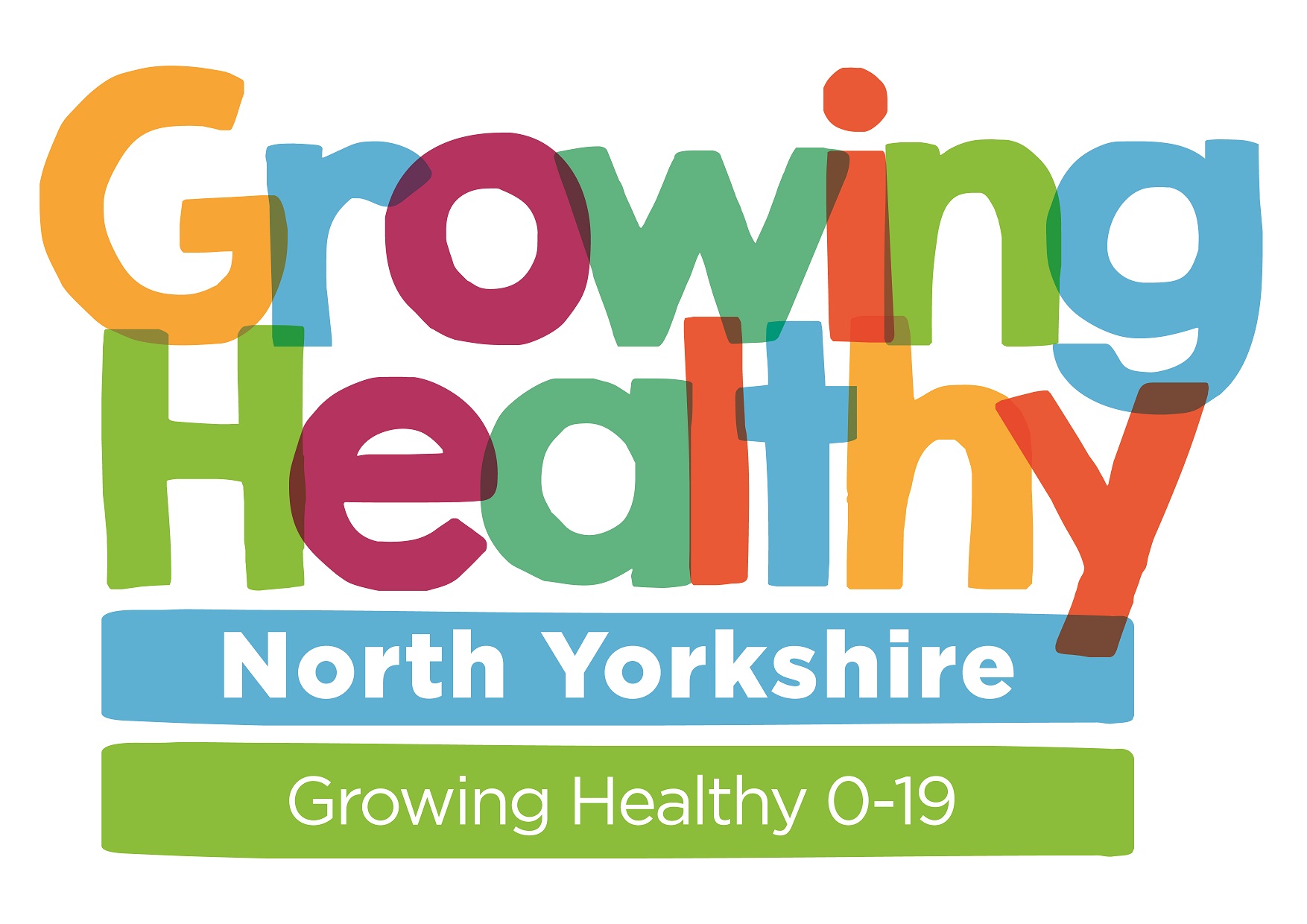Young people and tobacco
Most people start smoking and become addicted to nicotine when they are still young. Those whose parents or siblings smoke are around three times more likely to smoke than children living in non-smoking households. Children who start smoking at the youngest ages are more likely to smoke heavily and find it harder to give up.
Although around three quarters of teenagers in England report that they have never smoked, among those who do experiment with smoking many become addicted to nicotine and continue to smoke as adults.
Smoking is harmful at any time, however during adolescence it can cause serious risks to your lungs both long and short term, adolescent smokers are six times more likely to be susceptible to coughs and increased phlegm, wheeziness and shortness of breath than those who don’t smoke. Smoking will also cause your skin to wrinkle sooner, give you dull eyes and a poor complexion, Smoke from cigarettes will make your mouth, hair and clothes smell. Your teeth will be stained and you can suffer gum disease and tooth loss.
Smoking also impairs lung growth and starts the aging process of the lungs at a much younger age meaning there is an increased risk of lung disease in later life.
The earlier a person becomes a regular smoker the greater the risk of lung cancer and heart disease.
For more information watch this film:
When you smoke, it’s not just your health that is at risk, but the health of anyone around you who breathes in cigarette smoke including your pets. Breathing in other peoples smoke, (secondhand smoke) is smoke exhaled by you or your friends and also smoke created by the lit end of a cigarette. It contains over 4500 chemicals, 50 of which are known to cause cancer. It is invisible and stays in the air long after you have finished smoking.
There is lots of help for those who smoke and want to quit you can talk to your School Nurse or GP who will be able to give you advice and get the right help you need. You can also visit:
https://www.nhs.uk/live-well/quit-smoking/quitting-smoking-under-18s-guide/
Young people and alcohol/drugs
It is not uncommon to want to try drugs or drink alcohol in your teenage years. Some may experiment and make the positive choice not to participate but, there are also those who become dependent on drugs or alcohol.
Remember however, you can be stopped, fined or arrested by police if you’re under 18 and drinking alcohol in public.
If you’re under 18, it’s against the law:
- for someone to sell you alcohol
- to buy or try to buy alcohol
- for an adult to buy or try to buy alcohol for you
- to drink alcohol in licensed premises (such as a pub or restaurant)
Learn more facts about alcohol and the effect it as on your body by visiting here.
If you are worried about your alcohol or drug use, or that of someone else you can contact your school nurse for support, the School Nurse will help you get the right level of help and advice you need. You can also speak to your GP or visit this NHS website.
Drugs
It’s not hard to find drugs, and sometimes it may seem like everyone’s doing them — or wanting you to do them. But as with anything that seems too good to be true, there are downsides (and dangers) to taking drugs.
Drugs are chemicals or substances that change the way our bodies work. Some are medicines that help people when doctors prescribe them. Many have no medical use or benefits.
When taken (usually by swallowing, inhaling, or injecting), abused drugs find their way into the bloodstream. From there, they move to the brain and other parts of the body. In the brain, drugs may intensify or dull the senses, change how alert or sleepy people feel, and sometimes decrease physical pain.
Because of the way these drugs work on the brain, they affect the ability to make healthy choices and decisions. Even drinking makes people more likely to get involved in dangerous situations, like driving under the influence or having unprotected sex.
Learn more about how drugs and alcohol effect the brain here:
Although substances can feel good at first, they can do a lot of harm to the body and brain. Drinking alcohol, smoking or using tobacco, taking illegal drugs, even sniffing glue all damage the human body.
If you are worried about your alcohol or drug use, or that of someone else you can contact your school nurse for support, the School Nurse will help you get the right level of help and advice you need. You can also speak to your GP or visit the following website.
To find out more about commonly abused drugs visit here.
For friendly, confidential advice you can talk to FRANK: www.talktofrank.com
